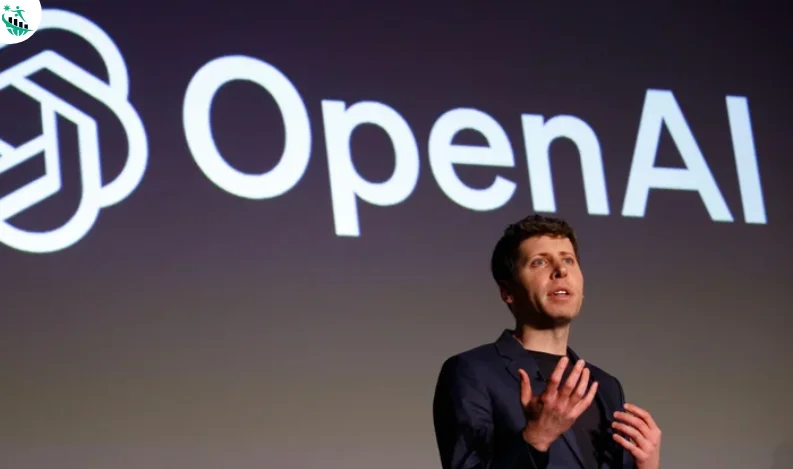
OpenAI’s ChatGPT to Allow Erotica for Adults in Major Policy Shift
San Francisco — OpenAI is preparing to relax its long-standing restrictions on adult content by allowing erotic material for verified adult users on its ChatGPT platform, CEO Sam Altman announced in a recent post.
The change, expected to take effect in December 2025, marks a major shift from the company’s previous “no-NSFW” policy that banned sexually explicit or adult-oriented content.
Altman said the update aligns with OpenAI’s new principle to “treat adult users like adults,” noting that age-gating systems and safety tools introduced earlier this year have made it possible to separate adult experiences from those of younger users.
“Now that we have been able to mitigate serious mental health issues and have new tools, we are going to be able to safely relax the restrictions in most cases,” Altman said.
It remains unclear what specific materials will qualify as permitted erotica. However, Altman emphasized that OpenAI’s goal is to balance creative freedom with responsible use, ensuring adult users have broader access while maintaining protections for minors.
The company’s decision comes after recent improvements to safety features and parental controls, which were introduced following concerns about AI’s impact on youth mental health.
Altman also announced that OpenAI will launch a new version of ChatGPT in the coming weeks, allowing users to customize the chatbot’s personality and tone, building on the capabilities of the GPT-4o model.
“If you want your ChatGPT to respond in a very human-like way, or use a ton of emoji, or act like a friend, ChatGPT should do it, but only if you want it,” he said.
This development represents a broader growth versus safety debate within the AI industry. Altman has previously stated that OpenAI avoided introducing sexualized chat features, unlike rival models such as xAI’s Grok, developed by Elon Musk.
In August, Altman remarked in an interview that avoiding “sex bot avatars” was a conscious decision prioritizing ethical responsibility over commercial advantage.
The timing of the change is notable as OpenAI faces increasing scrutiny from regulators and the public. The U.S. Federal Trade Commission (FTC) recently launched an inquiry into tech firms, including OpenAI, over potential risks to minors.
The company is also facing a lawsuit from a California couple alleging that ChatGPT contributed to their teenage son’s suicide, raising broader questions about the mental health impact of AI interactions.
In response, OpenAI announced an eight-member Expert Council on AI Well-Being, which will advise the company on issues related to mental health, emotions, and motivation. The council is expected to help define what “healthy AI interactions” should look like going forward.
Altman’s latest announcement suggests that as safeguards strengthen, OpenAI is prepared to give adult users greater creative and conversational freedom, marking one of the company’s most significant policy shifts since ChatGPT’s launch.



Recent Comments:
No comments yet.